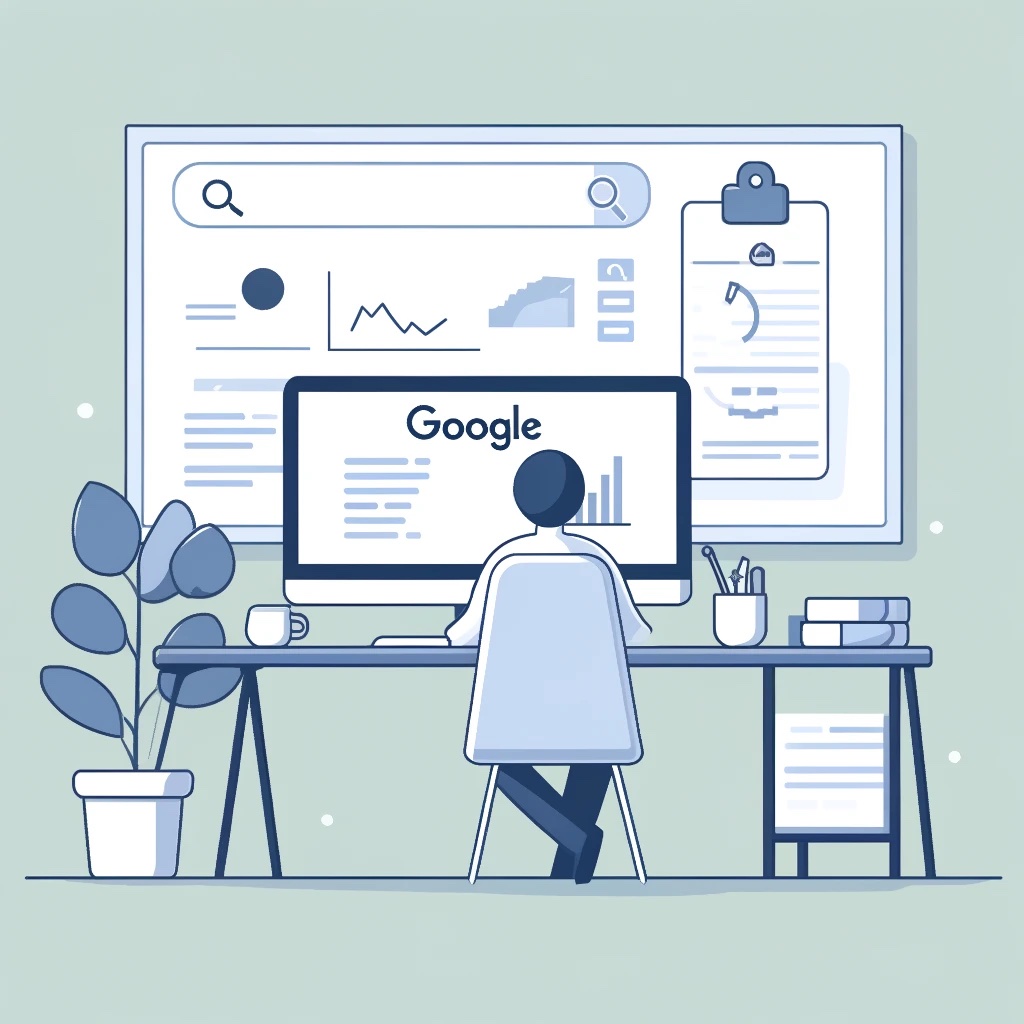The Impact of the Google API Leak on SEO
Bethany Freeman
Jun 5
With the closing statements of the recent Google Antitrust Trial fresh on our minds, the recent Google API leak has confirmed many long-held suspicions within the SEO industry—suspicions that Google either refused to confirm or outright denied.
These include the significant role of user engagement metrics, the critical importance of high-quality backlinks, and the intricate specifics of their ranking algorithms. This revelation reaffirms the importance of continuous industry research and collaboration to demystify search engine behaviors and the need to adapt strategies accordingly.
Adaptify Minute Mastery: Understanding the Google Antitrust Trial 🧐
Understanding the Antitrust Trial
For those unfamiliar, the antitrust trial against Google is a significant legal battle led by the U.S. Department of Justice (DOJ) and several state attorneys general. Filed in October 2020, the lawsuit accuses Google of engaging in anti-competitive practices to maintain and extend its dominance in the search and advertising markets.
The trial focuses on Google's exclusionary agreements with device manufacturers and browsers to ensure its search engine is the default on various platforms, thus stifling competition and innovation in the industry.
As reported by AP News, the case highlights the extensive measures Google has allegedly taken to fortify its monopoly. The DOJ argues that these practices harm consumers by reducing choices and stifling innovation. According to Reuters, the trial's closing arguments emphasized Google's role in manipulating the market to its advantage, impacting competitors' ability to operate fairly.
This trial has far-reaching implications, as detailed by Bloomberg, potentially reshaping the landscape of digital advertising and search engine operations. The outcome could lead to significant regulatory changes and impact how tech giants operate in the future.
Unveiling Google's Secrets
The leaked documents, made public by an anonymous source, reveal a plethora of details about Google's search algorithms. As outlined by Rand Fishkin in his SparkToro blog, these documents shed light on the intricacies of Google’s ranking factors and how certain elements are weighted. This leak is a significant validation of the SEO community's efforts to reverse-engineer Google's algorithms and test hypotheses through practical experimentation.
One of the most startling revelations from the leak, as detailed by The Verge, is the confirmation that Google has been misleading the public about how its search engine prioritizes content. The documents reveal a complex interplay of ranking factors, many of which were suspected but never officially acknowledged by Google. This has profound implications for how SEO professionals optimize content.

Generative AI: A Shaky Venture
The timing of this leak couldn’t be worse for Google. Their generative AI technology is currently under heavy scrutiny. According to a The Verge article, the AI has been producing questionable and often dangerous advice, such as incorrect health tips on cancer treatments and bizarre dietary recommendations. This has sparked a debate about the reliability of AI in generating trustworthy content, especially in sensitive areas like health and wellness.
Fishkin’s analysis in the SparkToro blog highlights that these AI shortcomings are a significant blow to Google’s credibility. It underscores the need for rigorous oversight and testing of AI-generated content to prevent misinformation.
SEO Implications and Future Strategies
The leaked documents provide invaluable insights for SEO professionals. According to Search Engine Land, one of the key takeaways is the emphasis on high-quality backlinks and the role of user engagement metrics in determining search rankings. This reinforces the importance of creating engaging, high-quality content that naturally attracts backlinks and encourages user interaction.
Additionally, the iPullRank analysis suggests that SEOs should focus more on the holistic user experience rather than just keyword optimization. Factors like page load speed, mobile-friendliness, and overall site usability are increasingly critical in Google's ranking algorithm, as highlighted in the leaked documents.
For a comprehensive look at the leaked documents, you can explore them here.

Adaptify's Proactive Approach
At Adaptify, we've always been committed to staying ahead of the curve. Our model and team anticipated these guidelines and has already been diligently writing content that not only aligns but also exceeds them. No Adaptify user ever needs to fear new content guidelines as we are already one step ahead, ensuring your content stays both viable and visible.
By leveraging our advanced tools and continuous learning approach, we ensure our clients' content remains relevant and impactful in the ever-changing SEO landscape. Our proactive approach includes:
- A deep understanding of these newly revealed ranking factors
- A commitment to producing high-quality, engaging content
- Building robust PR backlink profiles
- Optimizing the overall user reading experience on your clients' blogs
This strategy not only aligns with the leaked guidelines but also prepares our clients for future changes in search algorithms. Stay tuned for more updates and tips on how to navigate the evolving world of SEO effectively. And if you haven't yet, give Adaptify SEO a try to see how we can help you stay ahead of the Google game! If you have any questions or need assistance, feel free to reach out to our team.
We'd love to hear your thoughts on this topic and how you're adapting your strategies. Join the conversation on our LinkedIn page and share your insights!

